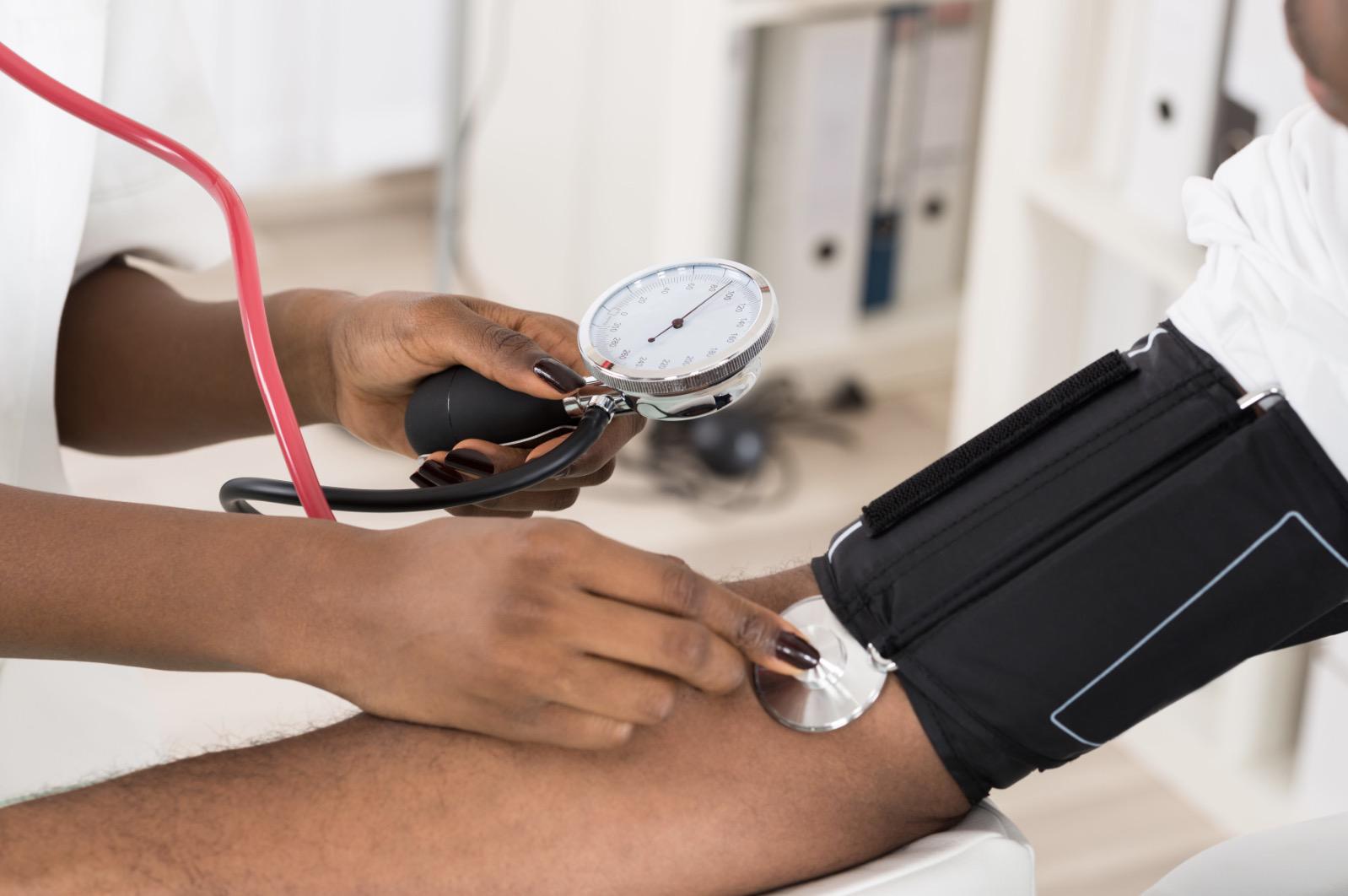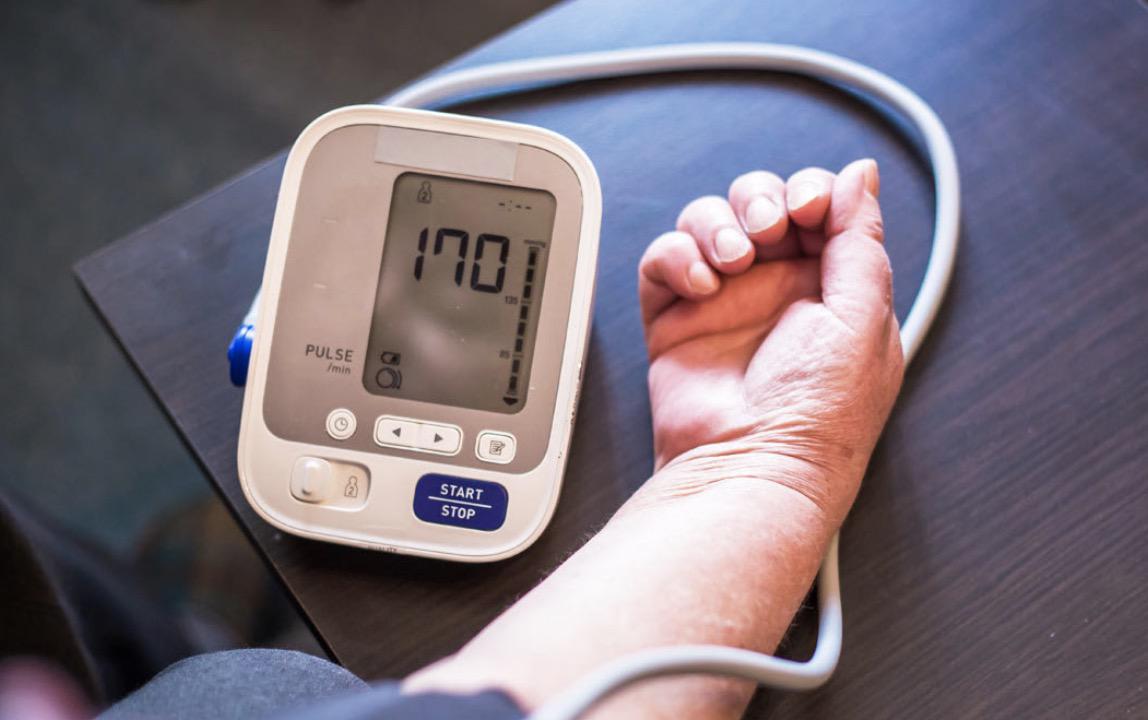Enjoy FREE Shipping on Orders Over $99
DON’T HAVE A COUPON CODE?
Use EZ10OFF At Checkout to Save 10% On Your Entire Order Today!
“Silent Killer”: High Blood Pressure

High blood pressure isn’t called the “silent killer” for nothing. The reason why high blood pressure is very dangerous is the fact that the symptoms can be very minimal or none at all. This means that for some, hypertension is only detected after being diagnosed with major diseases such as stroke, kidney failure, or coronary heart disease. That’s right – even if they are already suffering from a critical level of high blood pressure, the majority of people with hypertension experience zero symptoms. Headaches and nosebleeds can, in very rare cases, manifest if blood pressure stretches to critical levels.
If undetected for longer periods of time, high blood pressure will damage the organs in your body such as the kidney, heart and blood vessels to name a few.
So how will you know if you have high blood pressure?
The best and only way to know if you have elevated blood pressure is through blood pressure test. It’s easy, pain-free and is available at any time in your nearest urgent care center. Doctors and other health care practitioners use a blood pressure measuring gauge to determine if you have high blood pressure.
Given that your blood pressure changes throughout the day, to get a final result, you will be tested more than three times and on both arms with a 15 to 30-minute interval at daytime and 30 to 60-minute interval at night.
To get a real blood pressure reading, do not drink any alcoholic beverages or coffee before the test. It is also prohibited to smoke at least 30 minutes before the test.
There are five categories in measuring your blood pressure.
If you have confirmed high blood pressure, you will be advised to undergo several tests such as urine test, cholesterol test, blood tests and electrocardiogram (EDG) to check for any signs of heart disease.

Keeping Track of Your Blood Pressure
Once you have been diagnosed with high blood pressure and have done all the tests, to constantly monitor your blood pressure, you may also be asked by your doctor to keep a journal of your blood pressure readings at home using a digital blood pressure monitor. This is to check if your current treatment is actually working or otherwise.
It is important to note that you avoid smoking and drinking beverages that are caffeinated before testing. Sit in an upward position (with back supported), feet flat on the ground and arm flat on a surface. Also make sure that your upper arm is at heart level. If you have your arm above heart level, you will get a very low reading.
Do your readings on a regular basis, two to three times a day and don’t forget to record the results on your journal.
IMPORTANT: If you have a digital blood pressure monitor at home and you get a reading of 180/120 mm Hg, try relaxing for at least five minutes and do the test again. If it shows the same result, call your doctor at once. If the reading is higher and you start to experience shortness of breath, numbness, chest pain, weakness, back pain, slurred speech and change in vision, these are indications of an organ damage. Don’t wait, call 911 immediately!
Wishing you good health through wise nutrition.